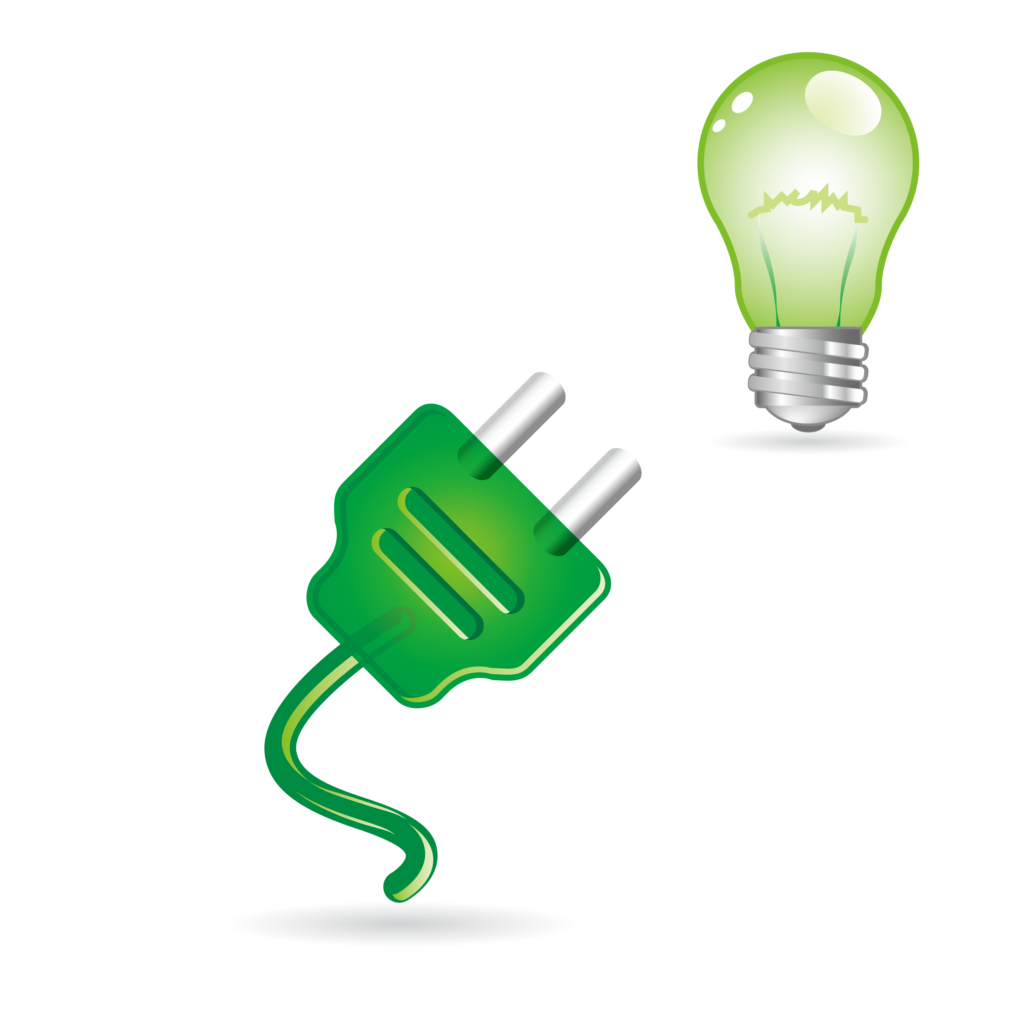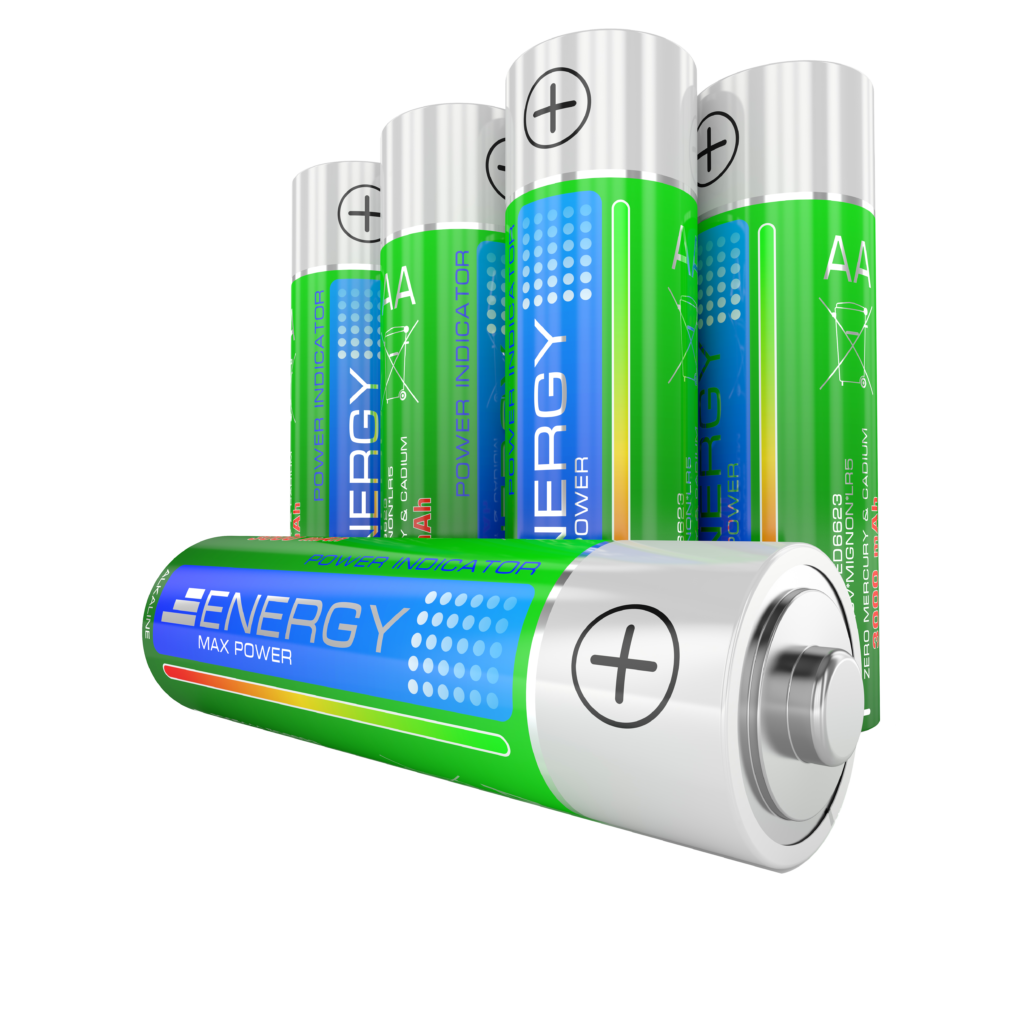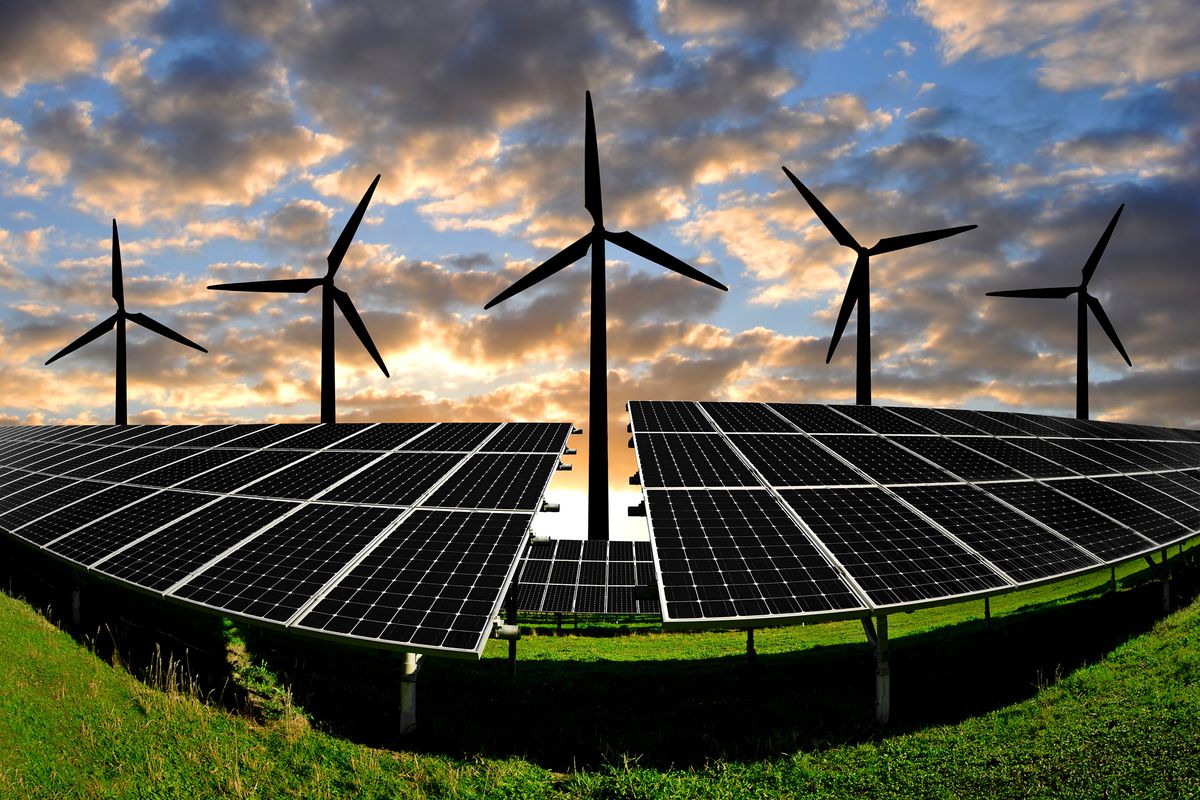The Better Business Challenge stands as a shining example of how businesses, both large and small, can significantly impact their energy consumption and overall environmental footprint through dedicated energy efficiency initiatives. This competition brings together a wide array of participants, from boutique shops to sprawling commercial enterprises, each embarking on a transformative journey to weave energy efficiency into the very fabric of their operations. By participating in this challenge, these entities not only affirm their commitment to preserving the environment but also shine a light on the tangible, measurable benefits that such sustainable practices bring. These benefits are not limited to reduced energy consumption and cost savings, they also include an enhanced corporate reputation among consumers increasingly drawn to environmentally responsible companies. For a better understanding of this topic, it might be useful to use the essayservice.com which can easily Do my assignment on this topic.

Highlighting Energy Efficiency Examples from the Competition
The Better Business Challenge has showcased a plethora of businesses setting benchmarks in energy efficiency, including notable names such as 2RW Consultants, Albemarle County Public Schools, and the City of Charlottesville. These organizations in cooperation with paper writing services PaperWriter have embraced a range of energy-saving strategies that illustrate the vast potential for businesses to contribute to broader energy conservation efforts and significantly reduce their carbon footprint. From the comprehensive installation of rooftop solar panels to the meticulous optimization of heating and cooling systems for maximum efficiency, the diverse approaches adopted by participants underscore the multitude of paths businesses can take toward achieving greater sustainability and reducing greenhouse gas emissions on a significant scale.

The Role of Energy Efficient Appliances in Reducing Consumption
One fundamental approach to slashing energy consumption lies in the strategic adoption of energy-efficient appliances, a move embraced by businesses such as Colonial Nissan and Aqua Hand Car Wash. By integrating appliances that have earned the Energy Star certification, these companies have realized notable reductions in energy usage and operational costs. Insights from mypaperhelp.com reviews emphasize the importance of such sustainable practices, showcasing how energy-efficient choices not only benefit the environment but also contribute to long-term savings and enhanced operational efficiency. This transition to using efficient refrigerators, air conditioners, and heat pump water heaters, among other appliances, exemplifies a practical yet impactful way that businesses can contribute to energy savings. Beyond the immediate financial savings, these energy-efficient appliances play a pivotal role in lowering electricity bills over the long term, demonstrating how strategic investments in sustainability can yield enduring benefits.

Strategies for Enhancing Energy Efficiency Across Industries
Businesses across a spectrum of industries have employed a variety of innovative strategies to bolster their energy efficiency. From retrofitting lighting systems with LED bulbs for unparalleled efficiency to the installation of smart thermostats for intelligent energy management, and the adoption of energy-efficient window designs to minimize heat loss, Challenge participants have paved the way for comprehensive energy optimization. These initiatives not only significantly enhance the energy performance and sustainability of business operations but also mark a substantial step forward in reducing dependence on traditional electricity and fossil fuel sources, contributing to a sizable decrease in environmental impact.
Cutting Energy Consumption with Innovative Solutions
Through the Better Business Challenge, businesses have unveiled innovative solutions that have dramatically shifted the narrative around energy consumption. The initiative by Coronal Energy to harness solar power and the move by Design Electric towards incorporating electric vehicles into their operations are testament to the evolving landscape of renewable energy utilization within the business sector. These forward-thinking strategies represent a broader trend away from non-renewable fossil fuels towards more sustainable, cleaner energy sources that not only offer considerable energy savings but also significantly mitigate environmental impact. By generating their own electricity through renewable means, these businesses are at the forefront of the transition to a more sustainable and energy-independent future.


The Impact of Energy Efficient Practices on Operational Costs
Adopting energy-efficient practices has shown to have a profound and far-reaching impact on operational costs across the board. The experiences of businesses engaged in the Better Business Challenge, such as Alloy Workshop and Batteries + Bulbs, have underscored the direct correlation between strategic energy efficiency improvements and significant financial savings. These savings, stemming from reduced energy consumption and more efficient operations, enhance a company’s bottom line while simultaneously affording a competitive edge in an increasingly eco-conscious consumer market. The dual benefits of financial savings and environmental responsibility underscore the compelling case for energy efficiency as a cornerstone of modern business strategy.

Lessons Learned: Best Practices in Energy Efficiency
Participation in the Better Business Challenge has yielded invaluable lessons and established best practices in the realm of energy efficiency for businesses. Among the critical insights gained is the paramount importance of conducting comprehensive energy audits as a foundational step towards understanding and effectively reducing energy usage. Furthermore, businesses have learned to prioritize investments in energy-efficient technologies and appliances that promise the highest returns in terms of energy savings and cost efficiency. Engaging employees in sustainability efforts and leveraging governmental incentives for energy efficiency programs have also emerged as key strategies for amplifying the impact of energy conservation measures. These best practices offer a proven blueprint for businesses eager to enhance their energy efficiency and contribute positively to environmental sustainability.
Looking Ahead: The Future of Energy Efficient Technologies in Business
As we look to the future, the trajectory of energy-efficient technologies within the business sector is marked by promise and potential. The ongoing advancements in heating, cooling, and renewable energy generation technologies are set to further reduce energy consumption and greenhouse gas emissions on a global scale. The commitment to energy efficiency and sustainable building design, alongside increasing investments in renewable energy sources like solar and wind, heralds a new era of business operations prioritizing sustainability and energy independence. This shift towards embracing energy conservation and combating climate change signals a broader movement within the business community towards practices that not only yield significant economic benefits but also contribute to a more sustainable and environmentally responsible world.
In summary, the Better Business Challenge has served as a catalyst for change, inspiring a diverse array of businesses to adopt and innovate in energy efficiency. Through the commendable efforts of its participants, the challenge has highlighted the substantial benefits of sustainable practices, from notable reductions in energy consumption and costs to improvements in environmental impact. These energy efficiency examples not only set a precedent for other businesses to follow but also contribute to the growing momentum towards a sustainable, energy-efficient future.
